What to Do About Wildfires
 Protect your family and home from wildfires this summer
Protect your family and home from wildfires this summer
(RxWiki News) Although wildfires are possible any time of year, the heat and droughts of summer increase the odds. Now is the perfect time to learn how to stay safe.
Here is some guidance on how to be ready in case of a wildfire.
Prepare
If possible, use fire-resistant construction materials on your home and clear any flammable debris from your home and yard.
Pack an emergency supply kit you can easily grab, and have a list of other items you will need to remember in the event of an evacuation. Follow the “Five Ps of Evacuation” to decide what is important to include:
- People and pets. Make sure you have a plan for how you will gather your family before evacuating.
- Prescriptions. Know what prescriptions, over-the-counter medications and medical devices you will need to take with you.
- Papers. Make it easy to retrieve important documents by storing hard copies in a fireproof box and digital copies on a portable drive.
- Personal needs. These are great candidates for your pre-packed emergency kit. Include items like food, water, clothing, cash, chargers and a first aid kit.
- Priceless items. Know which cherished items you will gather, such as pictures and keepsakes that can’t be replaced.
Have a plan to follow if a wildfire occurs, and practice that plan with the members of your household.
Make sure your insurance will adequately cover your property and belongings in the event of a wildfire.
Protect
If ordered to evacuate, grab your “Five Ps” and leave right away. While you are driving away from a wildfire, keep your windows and air vents shut to protect yourself from smoke. Turn your headlights on and drive slowly, watching the road for other vehicles, people and fleeing animals.
If you are unable to leave your home before the fire reaches you, call 911. Unlock your doors but keep them shut, along with windows, vents and fire screens. Turn on lights to make your house easier to spot. Make sure flammable items are away from windows and doors, and fill tubs and sinks with water. Wait inside — away from walls and windows.
Recover
Do not return home until local officials say it is OK to do so. Wear thick shoes and leather gloves when entering burned areas, and keep a lookout for fallen poles and debris in your path. Holes that fill with hot ash may form where tree roots have burned. Heat pockets may also remain in the ground and can spark another fire. Be wary of these, and mark or wet down any remaining embers if possible. Call 911 if you discover fire is still present.
You should also call 911 if you or anyone else with you has been burned. Until help arrives, cool and cover burns to prevent infection.
Do not eat food exposed to smoke or use water until officials say it is safe to use. Your health department may have other instructions you should follow, such as receiving a tetanus shot. Use radios and apps like those from the American Red Cross or FEMA for advice on actions to take.
Take pictures of damage to your property and get in touch with your insurance agent. Do what you can to prevent any more damage to your home.


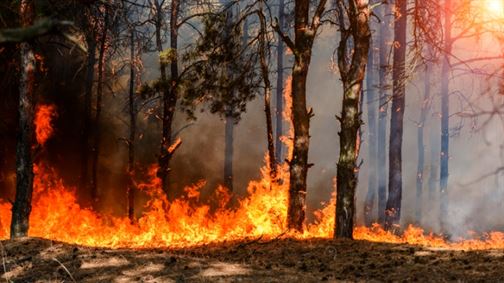

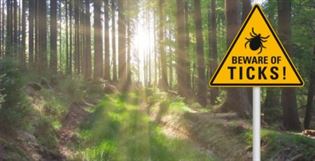
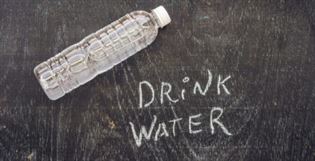

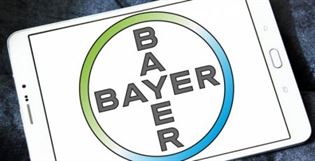

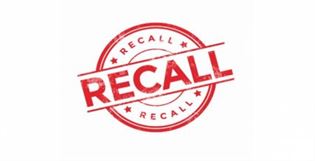



LEAVE A COMMENT